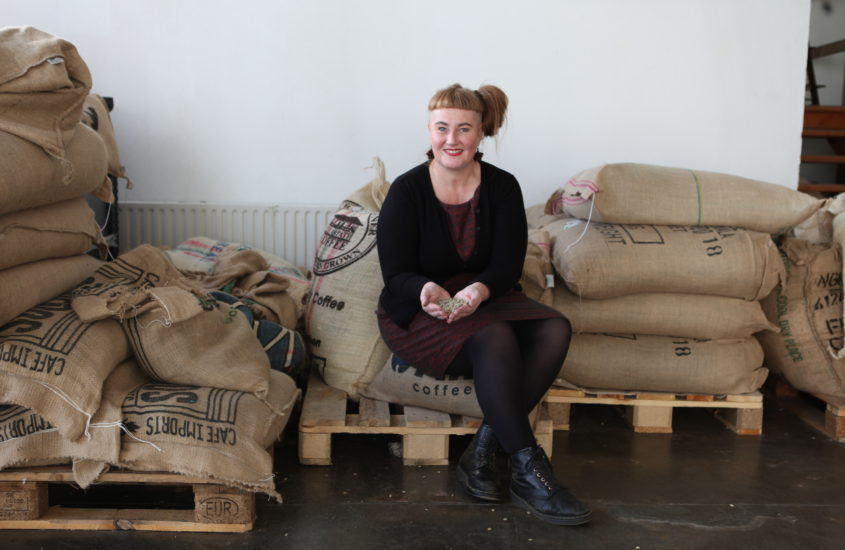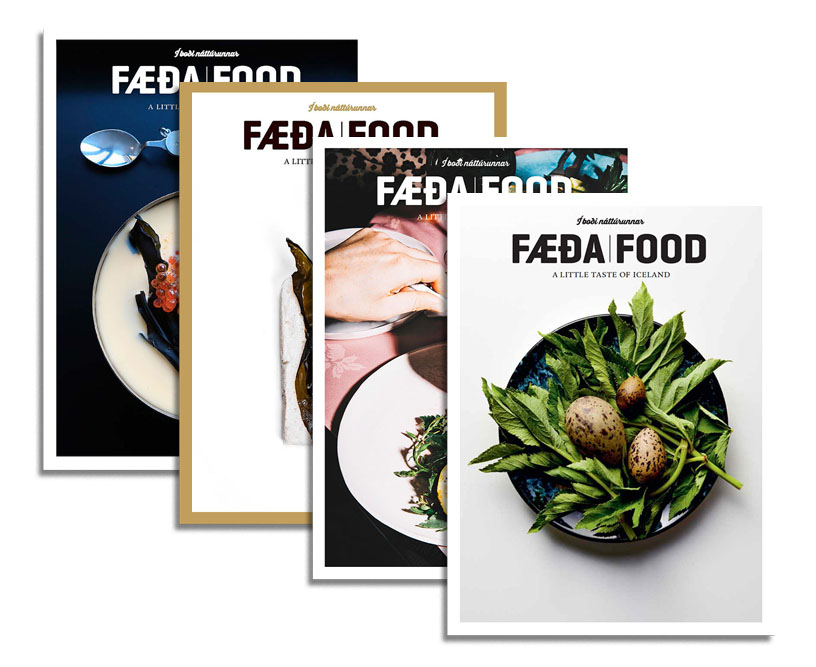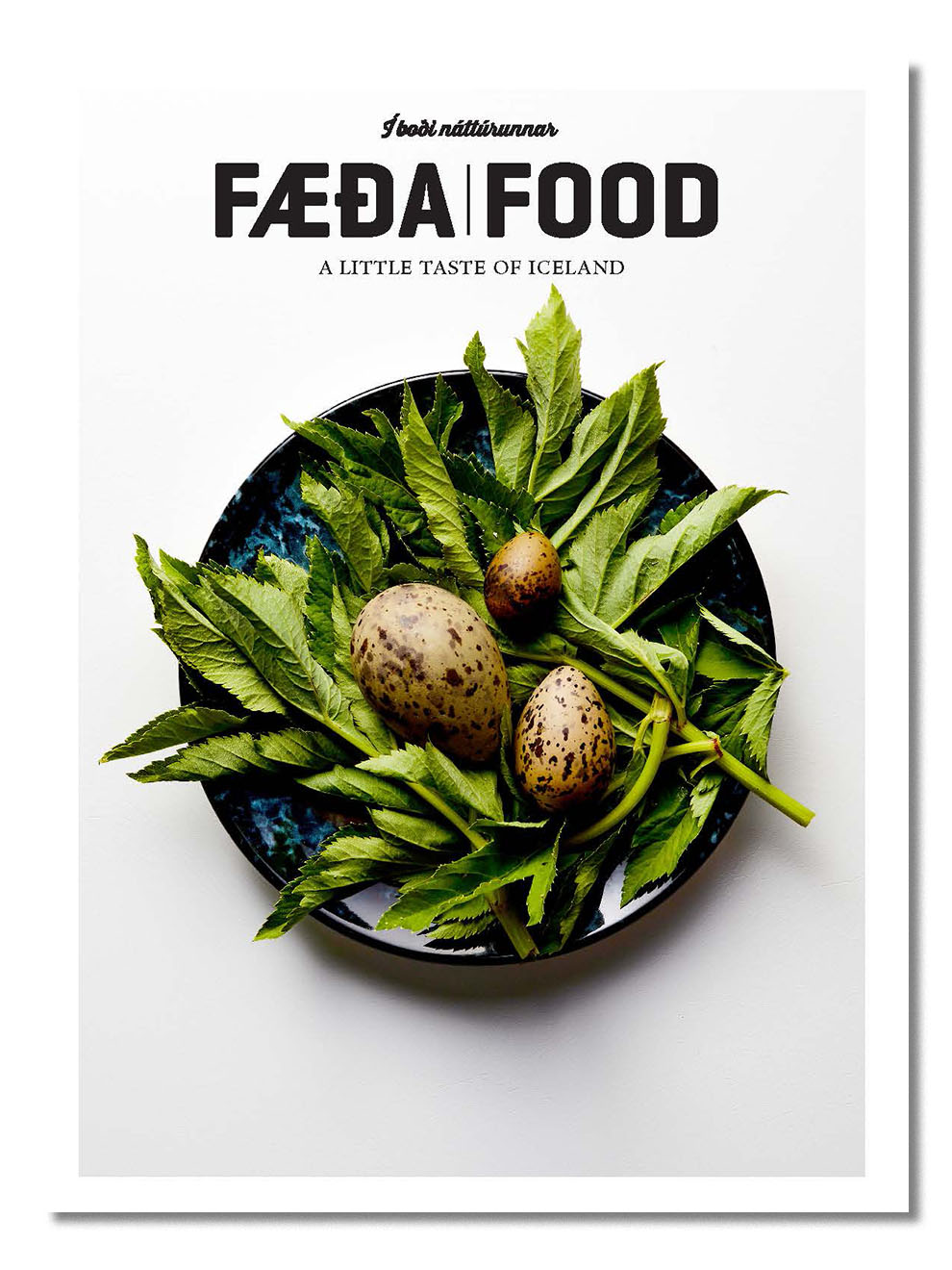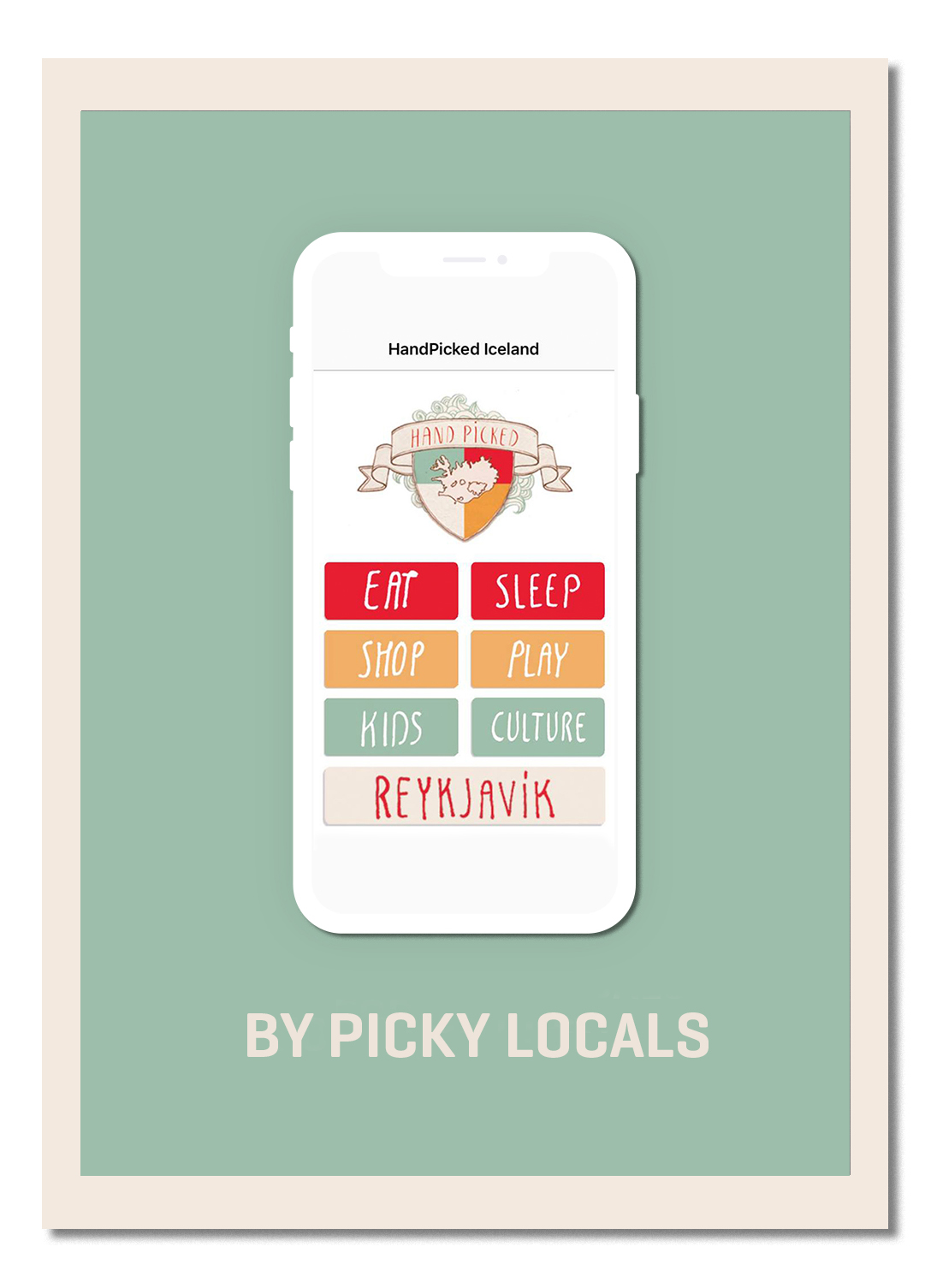
Coffee Guru
Text and Photos GUÐBJÖRG GISSURARDÓTTIR
Sonja Björk Grant apprenticed and worked as a carpenter until 1995 when she decided to make a change and create a niche for herself as a barista at Kaffitár (speciality coffee house). After this, there was no turning back and she worked at Kaffitár for 13 years and absorbed all the knowledge that she could acquire on coffee.
During her extraordinary career in the coffee business, she has assisted in the opening of numerous coffee shops, trained international coffee masters, opened her own micro roaster coffee shop, judged and served as superior judge in coffee competitions both in Iceland and at world championships, in addition to having carried out much entrepreneurial work and volunteered in the interests of the coffee culture. Sonja has also been recognised as the best trainer/teacher of the year in Europe from the Speciality Coffee Association of Europe (SCAE). There are therefore few people in Iceland better capable of answering a few questions related to coffee than Sonja.
How do you like your coffee?
I like my coffee manually brewed black with no sugar. But when I need to quality test production and judge competitions then I need to taste the coffee as an espresso and with milk in various blends.
Do you have a favourite coffee cup?
I depends on what kind of mood I’m in and what coffee I am about to enjoy. Sometimes I drink from a thick glass, sometimes antique cups or from my favourite ceramic cup.
What tools and accessories are your favourites?
I am always testing new tools and accessories coming onto the market in order to keep up with what’s happening. My biggest favourite, though, is my coffee grinder, Red Sonja, a hand-operated grinder from Comandante, as well as my coffee set, Hario v60, which includes a glass funnel dripper, glass pot for the coffee, a kettle and scale. When I travel, I always take the coffee set with me so I can make proper coffee at the hotel, in which case I manually brew the coffee in a small steel thermos or pour it in a Keep Cup travel mug.
What is the magic behind getting the best out of the coffee bean into the cup of coffee?
Everyone involved in the journey from the coffee tree to the cup of the coffee enthusiast influences quality. The coffee business revolves around trying to minimise loss of quality and respect the ingredient that we are working with. If all the links in the coffee chain perform as well as they can then the coffee should be almost perfect when it arrives in the cup. But this is where the problem lies. Even though the coffee may be next to perfect when it arrives in Iceland, the coffee roasting can ruin the ingredient in a couple of minutes. And if the coffee roasting is done properly then there is the risk of the barista ruining the coffee. Ideally, all the links in the coffee chain are sufficiently aware so that everything works out. I guess the magic lies in awareness, respect and training.
What do you think most characterises Icelandic coffee culture today?
I think the coffee culture in Iceland is amusingly diverse as the coffee aficionado who drinks regular black coffee meets the Cappuccino enthusiast in the same coffee party. Icelanders generally own very good coffee equipment at home and like to offer guests freshly roasted and ground coffee. Icelanders are, for example, very enthusiastic about attending my courses and wish to expand their knowledge and learn more about flavour. In Iceland there are nine or ten coffee roasters of varying sizes and types that import unroasted quality coffee which is traceable and is always fresher and better than ground imported coffee.
What is the dream coffee shop guest like?
A person who is curious and shows an interest in the profession, respects the work of the barista and the work behind the cup of coffee. A smile, courtesy and neatness cristallise the dream of the coffee enthusiast.
What do you love most about your work?
The people and the network of contacts are what make the coffee business so fun and diverse. Whether it is in Iceland or abroad then coffee enthusiasts gather and hunger for something new, and are in endless pursuit of the perfect cup of coffee, which we will hopefully never find because then we might as well pack up our things and go home.
What are the main trends today?
Fortunately, there are always new trends emerging. New processing methods are constantly being tested and farmers and exporters are experimenting with these. The experiments are most often carried out in small quantities and there is therefore high demand. Processing methods have a great effect on the coffee taste and often what is trending in the coffee world is not necessarily what the general coffee drinker wants. There are furthermore innovations in brewing, both as regards the shape of funnels and also different bags for brewing. In addition, baristas today are increasingly using scales to ensure the greatest consistency possible when making espresso drinks. It also appears that Chai is still trending and that Matcha tea is on the upswing.
What are some of your plans?
I just opened a new all-round coffee business called Kaffibrugghúsið. My colleague and co-owner is Njáll Björgvinsson and we operate as a coffee roaster and wholesaler, organise courses and will soon run a coffee shop. Alongside this, I continue to do volunteer work, which consists in training and certifying coffee judges for all of the seven world championships, as well as judging competitions. I established an association for coffee roasting masters in Europe a few years back, which merged with a similar association in America, and I will be taking over as chair of that association in the beginning of 2019. The new association is called Coffee Roaster Guild (CRG.cofee) and we organise four to six events each year in different parts of the world. I also travel a lot abroad to talk about coffee, how to run coffee shops and everything else associated with the profession. This year, I have been focusing on Kaffibrugghúsið but I have nevertheless managed to go to Mexico, Colombia, Greece, Italy, San Francisco, Ukraine and France. I will then be travelling to Portugal, Greece and Brazil before Christmas so there is never a shortage of things to do.


